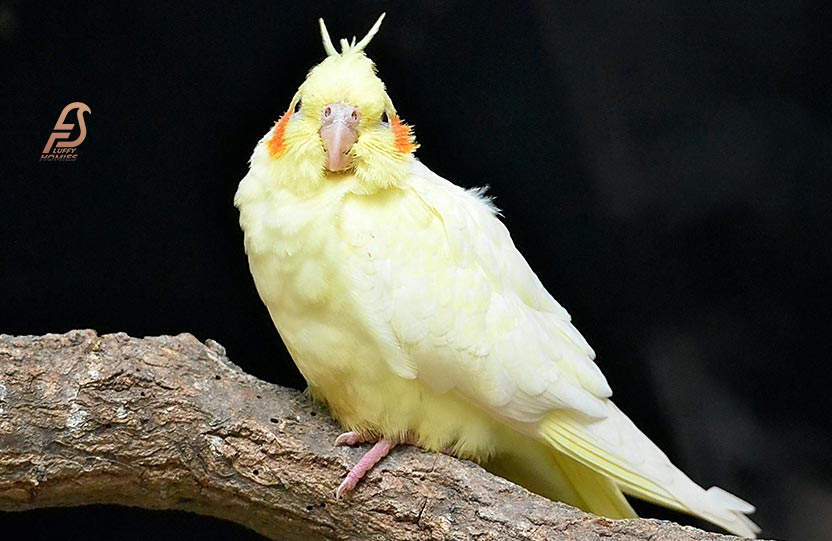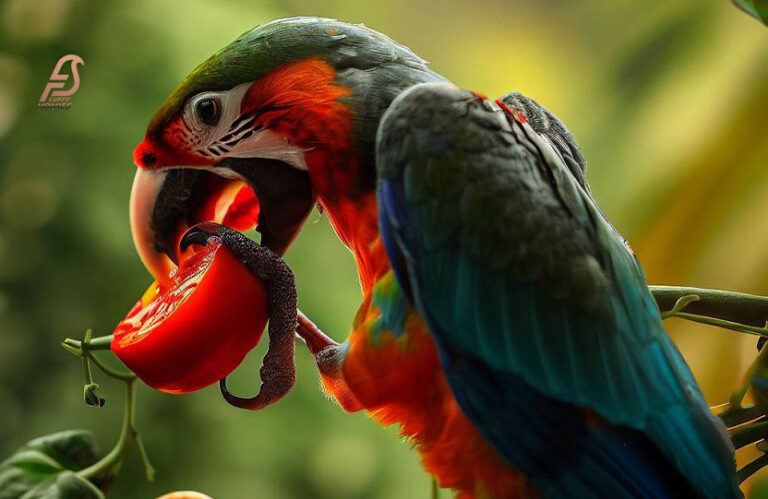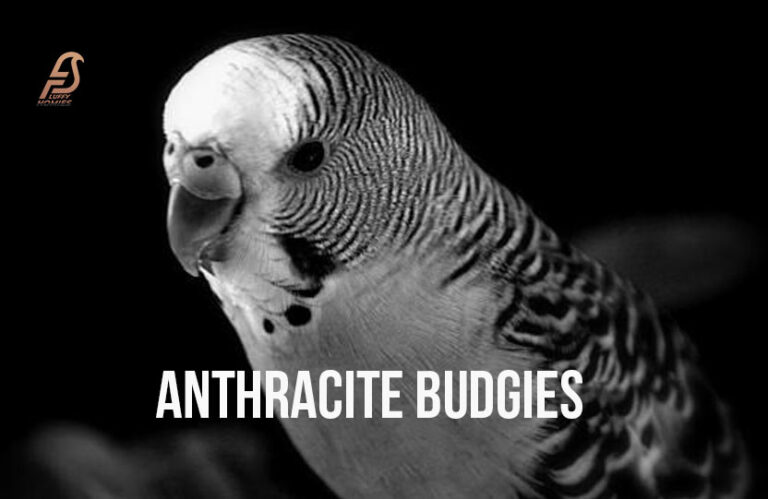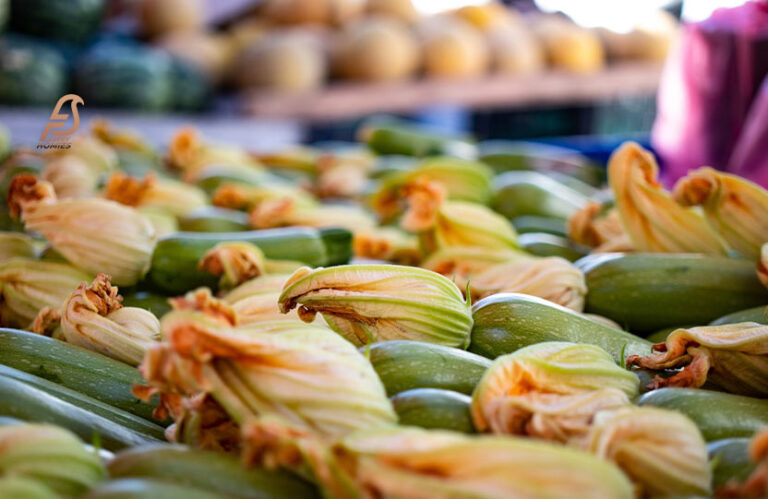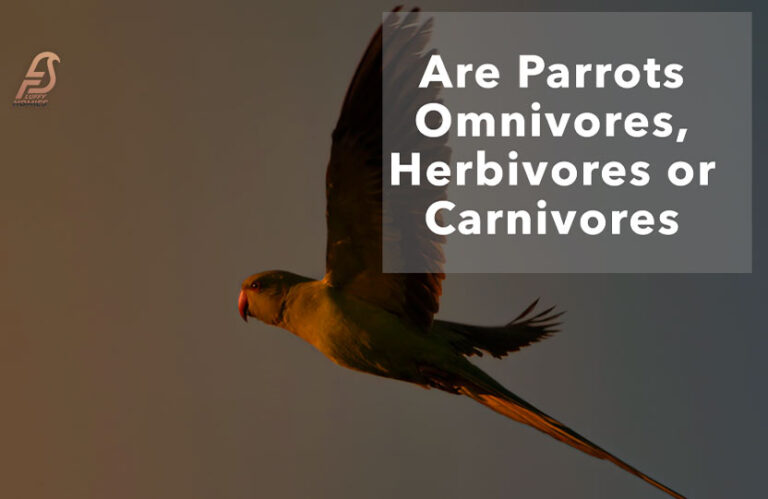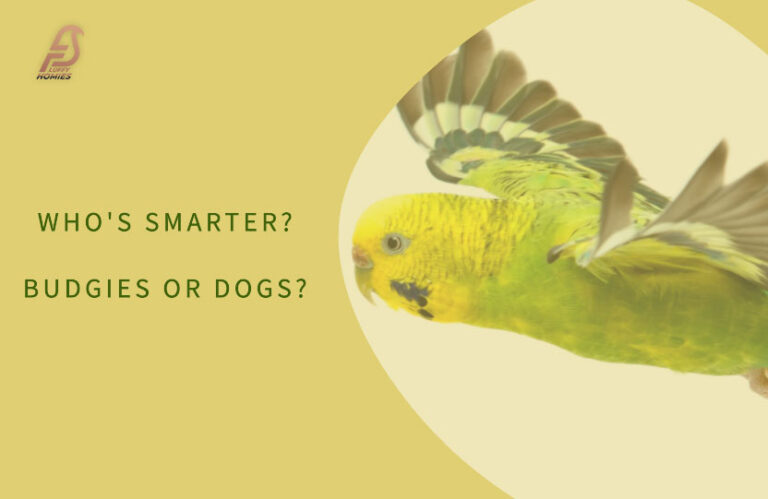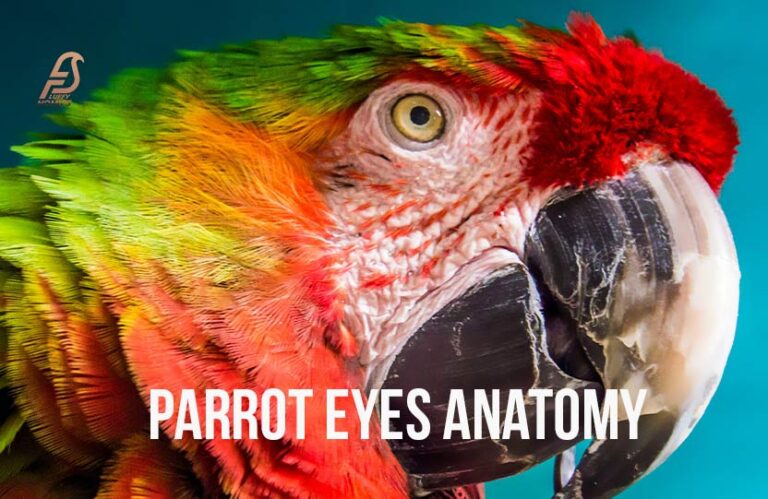How Long Can Cockatiels Go Without Food (Best Guide 2023)
If you have a pet, then you have to know everything about him. You have to know what actions show what signs. Because they don’t speak with you about their problems. Do you also know how long can cockatiels go without food?
You have to know that can cockatiels live with other types of birds or not. It’s all your duty to keep your birds safe and healthy.
Due to some reasons, if your cockatiels won’t eat then you should have an idea of how long can cockatiels go without food and water.
How Long Can Cockatiels Go Without Food?
Cockatiels are small birds with high metabolism, so they need a consistent source of food to maintain their energy levels.
Cockatiels can go one to two days without eating, but it is important to address the issue as soon as possible to ensure their health.
A prolonged lack of appetite can lead to malnutrition and other health problems. If your bird is not eating and you are concerned about its health, it is important to consult a veterinarian for further advice.
Related Articles
Why Is My Cockatiel Puffed Up?
What to Do If My Cockatiel Does Not Eat Food?
If your cockatiel is not eating and you are concerned about its health, there are a few things you can try:
Illness or injury
If your bird is not feeling well or has sustained an injury, it may lose its appetite. It could be something minor, like a cold, or something more serious.
If you suspect that your bird may be sick or has been injured, it is best to take it to a veterinarian who is experienced with birds.
Emotional distress
Cockatiels can become stressed by changes in their environment or routine, such as moving to a new home, the addition of a new pet or family member, or changes in the household schedule.
This can lead to separation anxiety and a loss of appetite.
Lack of exposure to sunlight
Cockatiels need exposure to natural sunlight or other bright light sources to maintain their internal clock and regulate their sleep-wake cycle.
If your bird is not getting enough light, it may become lethargic and lose its appetite.
Old age
As birds age, they may become less active and have a decreased appetite.
It is important to monitor your bird’s weight and body condition and make any necessary diet or lifestyle changes to ensure its health and well-being.
When and How Much to Feed Cockatiels?
Cockatiels are small birds with high metabolism, so they need a consistent source of food to maintain their energy levels.
It is generally recommended to feed your cockatiel a small handful (about 1-2 tablespoons) of a good quality seed mix per day, along with a selection of fresh fruits and vegetables.
It is also a good idea to offer a calcium source such as a cuttlebone or mineral block. The specific feeding schedule will depend on your bird’s age, activity level, and overall health.
It is important to monitor your bird’s weight and body condition and make any necessary diet or lifestyle changes to ensure its health and well-being.
Here is a general guide to feeding a cockatiel:
- Morning: Offer a small handful of seed mix and fresh fruits and vegetables in the morning.
- Afternoon: Offer a small handful of seed mix and fresh fruits and vegetables in the afternoon.
- Evening: Offer a small handful of seed mix and fresh fruits and vegetables in the evening.
- Water: Make sure to provide your bird with clean, fresh water at all times.
How Long Can Cockatiels Go Without Drinking Water?
Cockatiels need a consistent supply of clean, fresh water to stay hydrated and healthy. Without enough water, they can become dehydrated and may develop health problems.
While they can survive for a few days without water, it is important to make sure that they have access to clean water at all times.
What to Do If My Cockatiel Does Not Drink Water?
If your cockatiel is not drinking water and you are concerned about its health, there are a few things you can try:
Offer clean, fresh water
Make sure that your bird has access to clean, fresh water at all times. Clean the water dish daily and refill it as needed.
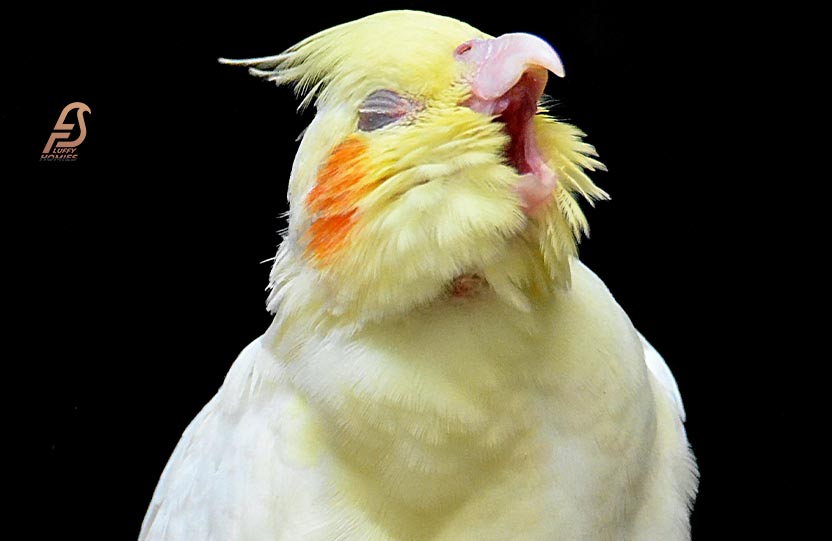
Provide a shallow dish
Cockatiels can have difficulty drinking from a deep water dish. Using a shallow dish or a water bottle with a small spout can make it easier for your bird to access the water.
Offer water in different locations
Some birds may prefer to drink from a water bottle, while others may prefer a dish. Try offering water in different locations and using different types of water containers to see what your bird prefers.
Add electrolytes to the water
If your bird is dehydrated, adding electrolytes to its water can help to replenish lost fluids. You can purchase electrolyte solutions at a pet store or ask your veterinarian for recommendations.
Is it OK to Leave Your Cockatiel Alone?
Cockatiels are social animals and benefit from daily interaction with their caregivers. It is generally not recommended to leave a cockatiel alone for long periods, as they may become lonely and stressed.
If you need to leave your cockatiel alone for a short period (a few hours), it is important to make sure that it has access to food, water, and toys to keep it mentally and physically stimulated.
It is also a good idea to provide a safe and secure environment for your bird to rest in.
If you will be away for a longer period (more than a few hours), it is best to arrange for someone to check on your bird and provide it with the care it needs.
Alternatively, you could consider boarding your bird at a reputable facility that can provide it with the necessary care and attention.
It is important to spend quality time with your cockatiel daily to maintain a strong bond and keep it healthy and happy.
How Long Can Cockatiels Go Without Food—Final Thoughts
Due to their small size and rapid metabolism, cockatiels require a steady supply of food to stay energetic.
Although cockatiels can go a few days without food, it is crucial to deal with the situation as quickly as possible to protect their health. Long-term appetite loss can cause malnutrition and other health issues.
There are a few things you can try if your cockatiel isn’t eating and you are worried about its health: provide a variety and healthy diet, reduce stress, make sure they get enough sleep and look for dental issues.
It is a good idea to speak with a veterinarian for additional guidance if you have tried these solutions and your bird is still not eating. If you want to keep your bird healthy and happy, you should take care of the problem as soon as you can.
FAQs
How often do cockatiels need to eat?
Some people choose to offer their birds two small meals per day, while others prefer to offer one larger meal.
It is generally a good idea to offer a variety of foods throughout the day to ensure that your bird is getting all the nutrients it needs.
Should cockatiels have food all the time?
It is generally recommended to offer a small amount of food to a cockatiel once or twice a day and provide access to clean, fresh water at all times.
What happens if a bird doesn’t eat for a day?
A bird that does not eat for a day may become weak and lethargic and may be at risk of malnutrition. It is important to address the issue as soon as possible to ensure the bird’s health.
How much attention does a cockatiel need daily?
To build a strong bond and keep your cockatiel mentally and physically active, it’s crucial to spend quality time with it every day. It is advised to spend at least an hour with your bird each day, but the more time you can give them the better.
How do I know if my cockatiel is thirsty?
There are a few signs that your cockatiel may be thirsty: panting, dry or sticky beak, increased water intake and decreased urine production.
If you notice any of these signs, it is important to make sure that your bird has access to clean, fresh water and to monitor its water intake.
Why does a cockatiel sleep in a food bowl?
There are a few reasons why a cockatiel might sleep in its food bowl: it may feel safe and secure in its food area, it may be trying to keep other birds away from its food, or it may be experiencing discomfort or illness.
